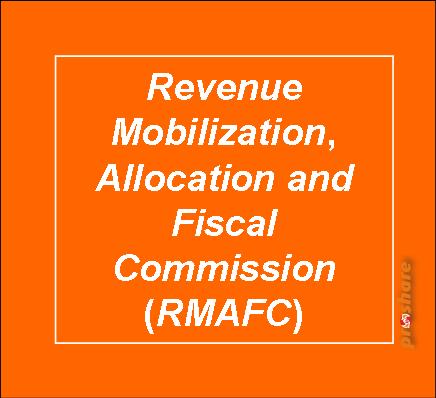The Revenue Mobilisation and Fiscal Allocation Commission, RMAFC, stated that the Nigeria is losing $14.235 billion annually in revenue from Joint Venture Contracts, JVC, due to continuous decline in crude oil production.
Speaking in Abuja at the National Policy and Development, NPOD, Summit 2019, on the theme: ‘Interrogating the change agenda,’ in Abuja on Tuesday, Mr. Shettima Abba-Gana, acting Chairman of RMAFC, lamented that the country is not benefitting from existing Joint Venture Contracts, JVCs.
Abba-Gana noted that the federation earns between 55 per cent and 60 per cent share of all JVCs operated by NNPC, while companies under Production Sharing Contracts contribute between 15 per cent and 20 per cent to the Federation Account.
According to him, the Federation has not benefited significantly from the respective JVCs due to continuous decline in crude oil production, arising from pipeline vandalism, asset integrity issues and general low investment in JV crude production over time.
He said: “Currently, JV crude oil production dropped from 1.8 million barrels per day, BPD, to between 700,000 and 900,000 bpd leading to loss of revenue of about $14.235 billion annually.”
Abba-Gana noted that PSC was introduced in 1993 and had not been reviewed ever since, explaining that the review was expected when oil prices reached $20 per barrel or 15 years of production, which was 2008, whichever came first.
“PSC cost of production is about $30 per barrel while JVC cost of production is $15 barrel. Non-review of the PSCs since 2008 has led to colossal loss of revenue to the federation.
“Government needs to look at all revenue streams of the sector including a comprehensive review and re-negotiation of the existing PSCs with a view to block all leakages,” he said.
Also speaking, Muhammed Buba Marwa, Brigadier-General (retired), said he was optimistic the Federal Government had learned its lessons that change was not possible without requisite human and material resources.
According to him, government is all about combining human and material resource to deliver services and projects.
“This is why anti-corruption must be a recurring decimal in governance because without it the goats will eat the yams.
“The right human resource capable of driving change in the bureaucracy is grossly inadequate if not lacking. There should be deliberate recruitment of change drivers and managers where needed. And those that exist and are within the system should be nurtured,” Marwa added.
He lauded President Muhammed Buhari administration for its unrelenting quest in tackling corruption, despite the avalanche of criticisms and resistance.
He said: “Although corruption is fighting back, including the use of fake news, misinformation and blatant unverifiable lies, we, the believers in President Muhammadu Buhari, remain undeterred in our conviction to change Nigeria with our focus on the Next Level; a determination that is necessary because ‘Next Level’ does not only means making governance better for the people, it involves dealing with threats and reducing weaknesses through anti-corruption. This makes anti-corruption reform equivalent to Next Level.
“A carefully considered fact for me is that when governance challenges are treated with levity, there will be no interest in lessons learned, and without lessons learned, there can never be next level.
”Next Level as you know is a product of deeper understanding that comes with deeper reflection and humility in learning towards doing better on a continuous basis.
“Suffices to say that challenges are inevitable in all human conditions and endeavours, including the management of state affairs.
”However, what is not inevitable are the lessons learned from challenges because it is the vocation of the prudent and we have been prudent thus far towards the Next Level.”

